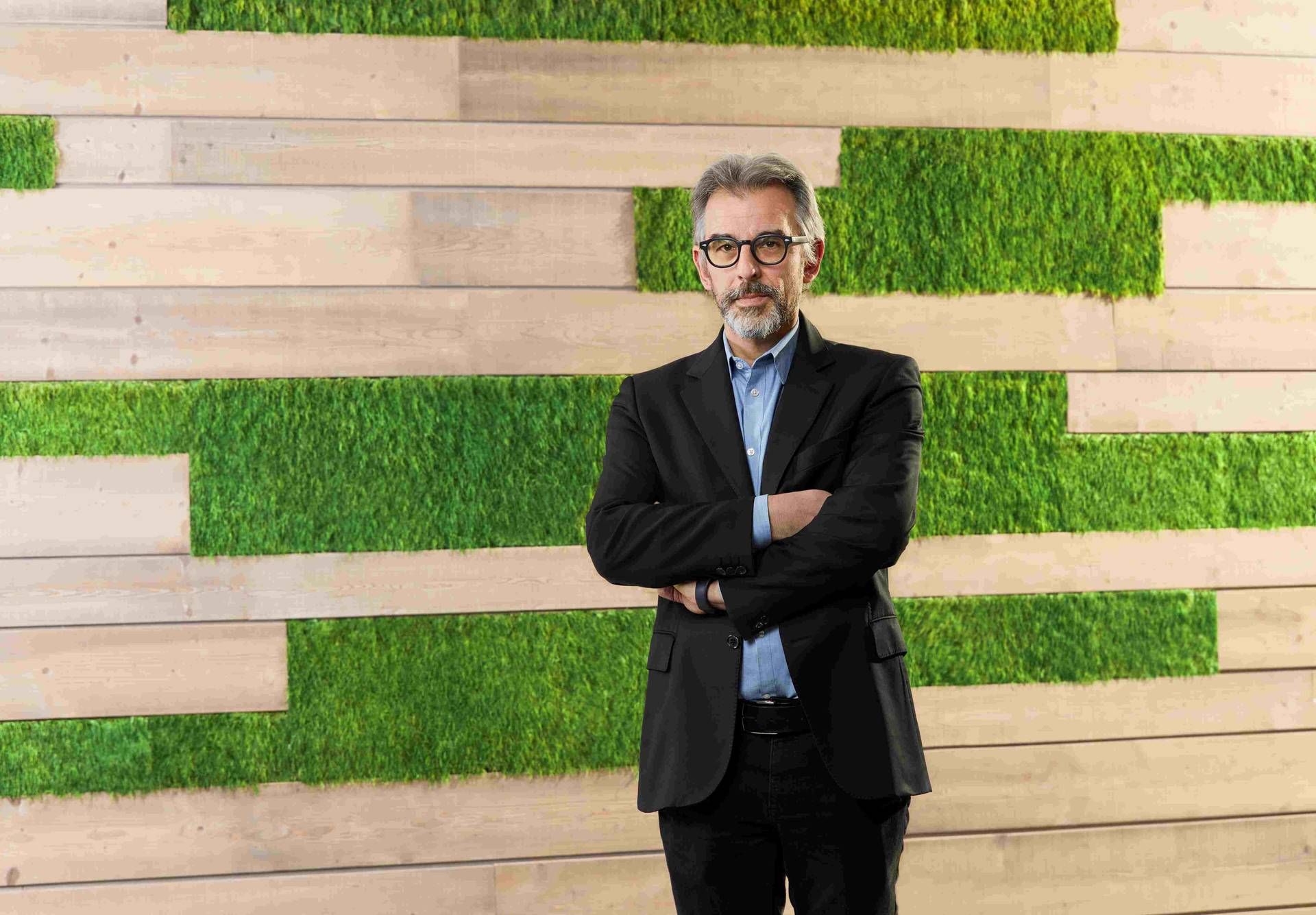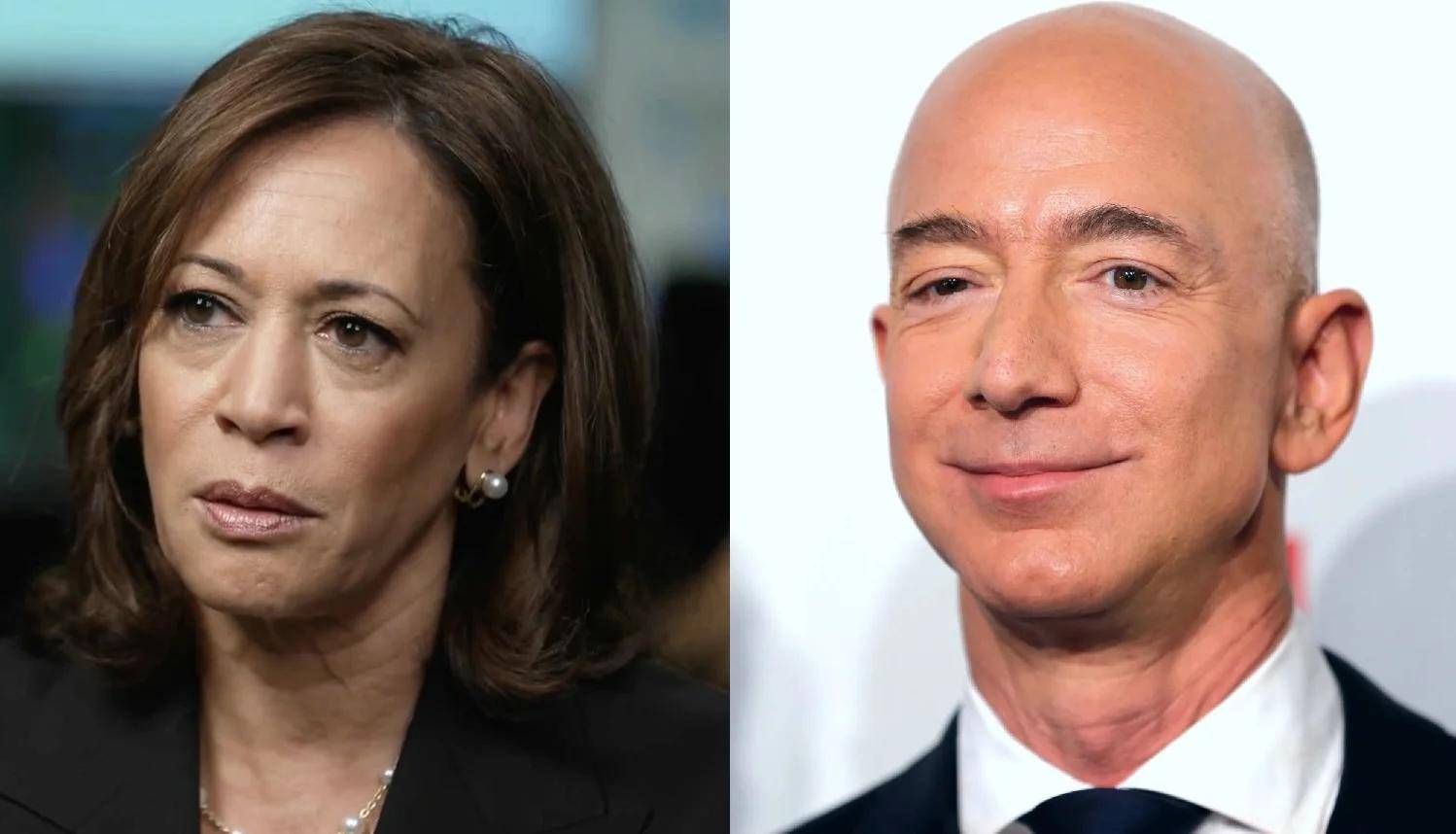Douglas Rushkoff (New York, 62 years old) experienced a revelation in 2017. He was invited to give a conference at a resortsuper-luxury hotel hidden in the Californian desert that later turned out to be a private meeting with five billionaire executives. They did not want to know the latest in technology and networks, the specialty of this writer and university professor, but rather to debate how they would be more likely to survive the “event”, that misfortune that will end our civilization (or at least put it on pause) and that It will take the form of environmental collapse, social unrest, nuclear explosion, solar storm, unstoppable virus, major computer sabotage or machine rebellion. Should you locate your private underground bunkers in Alaska or New Zealand? Which threat is more likely, climate change or biological warfare? What is the best method to keep the security guards at their shelters from turning on them?
The veteran New York intellectual, a standard bearer of culture cyberpunk and known for his Marxist ideas, was impacted by that meeting. He understood that the elite that controls the technology industry is not only immensely rich: it also assumes that we are going to hell and has a plan B, which in all cases consists of fleeing and sheltering in place. The wealthiest go beyond the luxury bunkers. Jeff Bezos wants to travel to space; Elon Musk, colonize Mars. Peter Thiel (Palantir) aims to reverse the aging process. Sam Altman (OpenAI) and Ray Kurzweil (Google), upload their minds to computers. Mark Zuckerberg, taking refuge in the metaverse. A range of ways to get away from the problems they have helped create. And the rest of humanity.
Author of twenty volumes, three documentaries and one podcast weekly, father of the concept of virality applied to the media and of the motto, later converted into a book, “program or be programmed”, Rushkoff dissects in Survival of the richest, edited in Spanish by Captain Swing, the way of thinking and acting of the technological super-elite. “Many people see these titans of technology as our heroes,” he explains by video call from São Paolo. “I want it to be seen that the vision of the future that Thiel, Musk or Zuckerberg have is very dark. “More than emulating them, we should laugh at them.”
Ask.Have you been contacted by tech executives since you published the book?
Answer.I had a couple of speaking engagements scheduled right after the launch, one at a hedge fund and another at some sort of conference for top executives. Both were canceled… But I receive emails every day from owners of startupsThey want me to look at their business plan. I go to business schools and try to convince young students that it’s okay to earn $15 million, that that’s enough. I tell them: if you set your sights on $15 million a year, you will be able to have a much more relaxed career, your chances of success will increase, and you will be able to create a company that does much less harm to the world or even does some good. When I start the talk and ask who is willing to win just 15 million, no one raises their hand; When it’s over, sometimes someone does it. It’s something.
Q.Does your main criticism have to do with capitalism itself, with the rise of an elite of tech tycoons, or with both?
R.That’s one of the big questions I explore in the book. For more than a decade I blamed capitalism for turning the open, collaborative and creative culture of the early internet into just another consumer product. Now I think that this urgency in disconnecting from the world and in using technology and science to simplify nature and control everything fits very well with capitalism, which has the same need and emerged at the same moment. He technoautismlike extractivist capitalism, wants to understand the world through an accounting balance, of numbers, instead of recognizing other types of human values.
Q.In his book he talks about “the Mentality”. How would you define it?
R.It’s the idea that, with enough money and technology, billionaires can escape the damage they are causing with their companies. It is thinking that there is always another technological or market solution for major social and environmental problems. And that the wealthy individual can continue to rise above the rest. It is an extreme form of atheism that says that human beings are only material and have no soul, that there is no meaning in reality, that life is just information and that all that matters is spreading your genes and media. It’s thinking that success is buying Twitter and getting as many women pregnant as possible.
When I start a talk to business school students and ask who is willing to earn only 15 million a year, no one raises their hand.”
Q.There have always been dominant and powerful elites. What makes them different from those of today?
R.Two things. First, they had never had the ability to destroy the world before. Carnegie and Rockefeller owned large monopolies, but tech billionaires go much further. Julius Caesar or Alexander the Great could conquer a people, kill and rape, but they did not endanger humanity. Among statesmen, that only happened with the nuclear button. The other difference is that, as individuals, they have more power over more types of things. Elon Musk, for example, not only owns the main digital public square. He is also the leader in space travel and the satellite systems that militaries depend on for navigation. These characters are not under the control of a Government and have very little sense of social responsibility.
Q.It says in the book that they sell their escape plan as if it were a solution for all of humanity.
R.Bezos has shown that we live in a world where a person can make enough money to build their own space program and achieve the ultimate exit strategy. They have good advisors marketing, but they also believe that they are saving the world, because they defend effective altruism. In their opinion, the things they are building, the artificial intelligences (AI), the robots or the augmented humans that will one day colonize the skies, are more important than the people. They believe that the experience of trillions of artificial intelligences spread across the galaxy a thousand years from now matters more than that of these 8 billion little flesh worms crawling around the planet now. And these gentlemen are intelligent and lucid enough to see it. They are not caught up in human emotionality, and are able to step back and look at the equation from a much more rational place, like Ayn Rand or Jeremy Bentham.
Q.Some of the billionaires you talk about in the book testified Wednesday in the US Senate. Do you think that brings them back to Earth?
R.When I first saw Sam Altman [CEO de OpenAI] asking for regulation, my first thought was very cynical. Here’s the guy who has the first monopoly on artificial intelligence, and of course he wants regulation right now. But as I watched it, I started to get the feeling that here’s a nice Jewish guy who built this technology and now he realizes that he surpasses it. He doesn’t know what to do, he is asking for help. If we don’t engage with them, the Oxford philosopher who invented effective altruism will and teach them that it’s okay to make all the money you want and not worry about a thing as long as you give money to charity. And that is dangerous. So I think we have to take them at their word and regulate. We could create some kind of data pool that all AIs have access to and learn from, but its use is subject to rules and AIs that don’t behave appropriately are banned. A friend of mine, David Brin, a science fiction writer, came up with the idea of incentivizing AIs to monitor each other and report those who are doing something wrong.
I think we have to take the AI moguls at their word and regulate it.”
Q.In the book he describes many technological solutions provided by this elite to save the planet. Which ones attract your attention the most?
R.The most local, those that seek to embrace the complexity of nature instead of oversimplifying it. Regenerative agriculture interests me. Instead, making the power grid smarter using AI is not feasible because I don’t think we can generate enough power to sustain the world as we currently run it. I am more in favor of what we call degrowth, which is as simple as borrowing a tool from your neighbor instead of buying it. It’s not a great technological solution, but I love the idea of libraries where tools are loaned in addition to books so that we don’t have to make so many things.
Q.He says that technology cannot be the solution to our problems because no one has stopped fascism when inequality soars and no society has avoided collapse when resources have been overexploited. We are lost?
R.If an addict does not stop his addiction, he will eventually die. In Porto Alegre there was a tornado two weeks ago that killed 47 people. Libya floods may have killed 10,000. All this is already happening. We may not be able to avoid catastrophe, but we can choose how we deal with it. Are we going to do it as compassionate human beings who care for each other, or will we each go our own way? That will determine everything. The more we depend on each other, the less things we will have to buy, the less energy we will have to spend, the fewer slaves we will need, the less wars and conflicts we will generate. We can ease the strain on the global supply chain. The more resilient each community is at the local level, the greater the pressure on these giant geopolitical systems.
“The greatest chance we have of avoiding a major disaster may come more from magic than from science.”
Q.You compare billionaires to the Coyote when, determined to catch the Roadrunner, he ends up falling off a cliff after walking through the air.
R.They are organizing for the apocalypse, as if they have seen the end of civilization. They have realized that they went too far. One of those moments was the election of [Donald] Trump. All the technologists who consider themselves progressive, liberal and concerned about the climate saw that they had created this monster. They realize their platforms helped create the confusion. That they made much of humanity vulnerable to authoritarian rulers. Now they want to quickly fix things, but using the same kind of tools that broke them. And that doesn’t work.
Q.Why do your plans always involve starting from scratch?
R.I don’t think we should find another place to start over, whether on the Moon, on Mars, in the ocean or on a new piece of land. This is our adolescence as a civilization. We are in that toxic phase prior to a big change. And I believe we can do it. But the change we need is more mental than technological. I hate to say it, but our best chance of avoiding a major disaster may come more from magic than science. If there were a sudden, global change in our habits and way of thinking… It sounds like a fantasy, but I think it’s our best option.
You can followEL PAÍS Technology in Facebook andTwitter or sign up here to receive ourweekly newsletter.
Subscribe to continue reading
Read without limits








